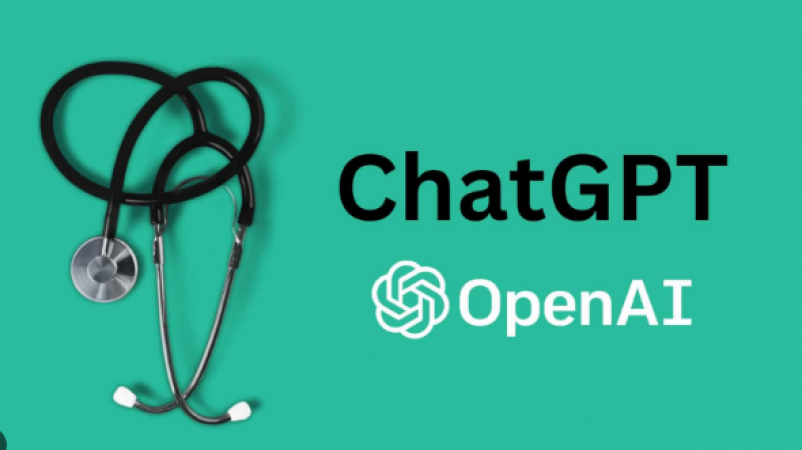
USA: OpenAI's ChatGPT has already made significant impacts in the education and job sectors, transforming the way we learn and work. Now, it is emerging as a game-changer in the healthcare industry.
Recent reports by The New York Times shed light on how certain doctors are leveraging the power of AI to compassionately deliver difficult news to patients and their families.
In some cases, ChatGPT has even been used to enhance doctors' bedside manners, resulting in improved patient experiences.
Also Read: Level up your Docs game with Google's latest game-changer: Third-party 'smart chips' integration
ChatGPT's Medical Licensing Exam Success:
In a remarkable achievement, ChatGPT successfully passed the rigorous US Medical Licensing Exam. This accomplishment showcases the model's extensive medical knowledge and competence, positioning it as a potential alternative in the realm of healthcare.
To further evaluate ChatGPT's capabilities, the University of California conducted a comprehensive study. The research involved presenting 195 questions to both ChatGPT and verified physicians. A team of healthcare experts then graded the responses from both sources.
Surprisingly, the healthcare experts overwhelmingly preferred the answers provided by ChatGPT in 78.6% of the cases. The chatbot's responses were deemed to be seven times more empathetic than those of the physicians, highlighting its ability to convey bad news with compassion and sensitivity.
Compassionate Communication: ChatGPT's empathetic nature allows it to deliver challenging news to patients and their families in a considerate and understanding manner. This can help alleviate stress and provide comfort during difficult times.
Enhanced Bedside Manners: By using ChatGPT as a tool, doctors have reported improvements in their bedside manners. The AI-powered chatbot offers valuable insights and suggestions, enabling healthcare professionals to refine their communication skills and approach.
Consistent and Reliable Information: ChatGPT's access to vast medical knowledge ensures that patients receive accurate and up-to-date information. This can help address their concerns and empower them to make informed decisions about their healthcare.
Time Efficiency: With the assistance of ChatGPT, doctors can optimize their time management. The chatbot can quickly provide answers to common questions, freeing up physicians to focus on more complex cases and spend quality time with their patients.
As the use of AI in healthcare continues to evolve, ChatGPT has emerged as a powerful tool for compassionate communication. By delivering bad news with empathy and assisting doctors in refining their bedside manners, this AI-powered chatbot offers a new dimension of patient care. While it cannot replace human doctors, ChatGPT's capabilities demonstrate its potential to enhance the healthcare experience and improve outcomes for patients and their families.